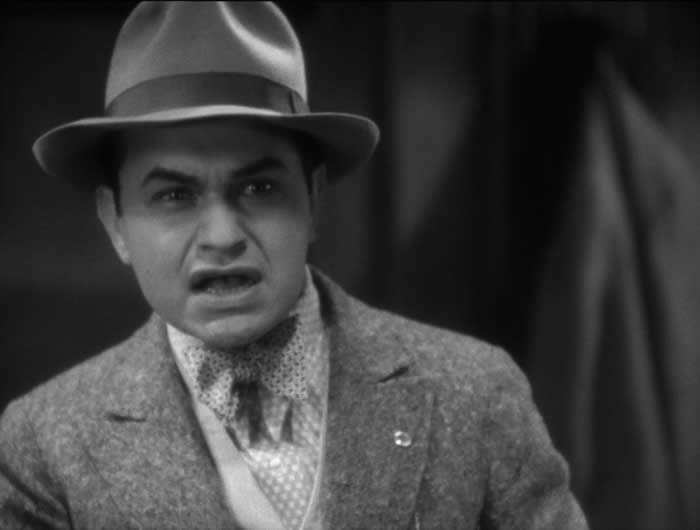Current teaching

First Term (Fall 2013)

FS 201 - Introduction to Film History I (1890-1950)
A historical survey of cinema from its beginnings in the 1890s to 1950. Major elements will include early cinema, the formation of "classical" film language, the arrival of feature films, the establishment of film industries in Europe, Japan and the United States, and studio production systems from the 1920s onwards. There will be some concentration on important moments in international cinema from the 1920s to the 1940s, including German Expressionism and Weimar-era cinema, French Poetic Realism of the 1930s, the so-called Golden Age of Hollywood studio filmmaking, Japanese cinema, and Italian Neo-Realism of the 1940s. Whenever possible, these developments will be exemplified in films of artistic stature, by filmmakers of historical importance.

FS 331 - Silent Film
As contemporaries understood very well at the time of the arrival of sound in 1927, silent film is a completely different medium than sound film. It has different limitations, of course, but also different capabilities. Essentially freed from the realist necessity to record sound and dialogue, and required to inhabit a more ethereal realm of pantomime, gesture, fantasy, metaphor, and indeed all dimensions of visual poetry, silent cinema enables the production of a narrative and affective world that is available nowhere else. Drawing, too, on the theatrical forms of melodrama and vaudeville, it enables us to see into a lost world of emotional rhetoric and physical expression. The curriculum will range across narrative forms and national traditions, from silent comedy to deeply felt drama to spectacular epic, from the broadly popular to the artistically ambitious, and from Hollywood to France to Japan, with a particular emphasis on the "high period" of silent cinema in the mid and late 1920s.
Second Term (Winter 2014)

FS 317 - Gangster Cinema
The course will survey Hollywood gangster films from their inception at the beginning of the sound era to recent examples of the form. The first wave of gangster movies in 1930-32 caused a scandal with their vibrant portrayals of criminal figures and set the tone for Hollywood action films in the early sound era. Throughout the decade of the 1930s the “problem” of the gangster figure continued to mark this genre and the films posed a series of uncomfortable questions to mainstream American cultural values. The arrival of the “gangster cop” and the surprisingly early manifestation of a nostalgia for the gangster were further developments of the later 1930s. The following decade-and-a-half produced some very tough and bitter films, as well as the parallel existence of another stream of the crime movie with a somewhat different emphasis: film noir. Like most other mainstream genres the gangster film came in for a reinvention during the 1960s and 1970s, with films such as Bonnie and Clyde and The Godfather creating revisionist images of the gangster figure. The genre has remained active right into the present day, sustained by filmmakers like Martin Scorsese and the TV series Boardwalk Empire, and the course will trace some of the ways it has continued to reflect or respond to changing issues and conditions in the culture that produces it.

FS 410 - Topics in Filmmakers: Alfred Hitchcock
This course will survey films directed by Alfred Hitchcock from the silent era to the end of his career in the 1970s, examining a wide range of works for patterns of style and recurrent subjects and themes. Hitchcock's fascination for film scholars has remained constant for decades despite major shifts in the philosophy and methodology of film studies; the course will address the question of why this has been the case. Additional topics will be: Hitchcock as a focus for psychoanalytic approaches to film, as a reflection of cultural currents, as an apex of the cinema as an apparatus, and as an influential force in film history.